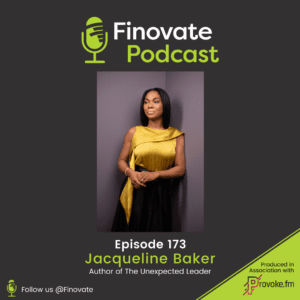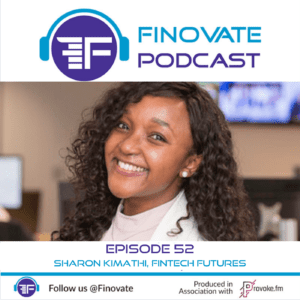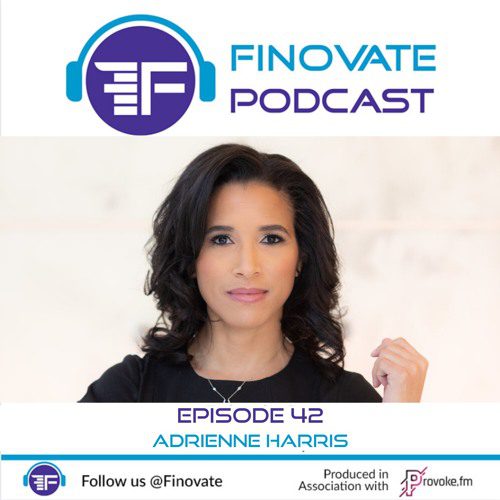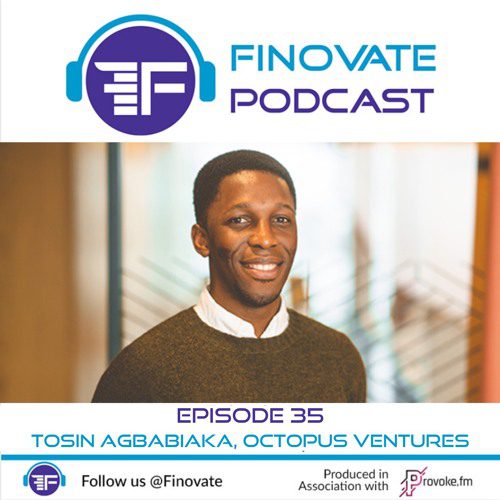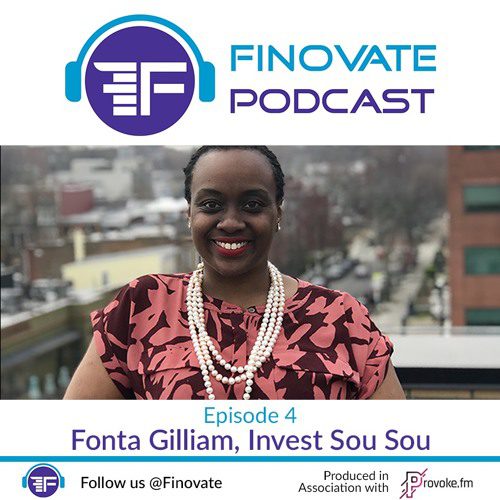
- Australia-based regional mutual bank Summerland Bank announced a partnership with cloud banking company nCino.
- The financial institution will deploy nCino’s Cloud Banking Platform to modernize its technology stack.
- Headquartered in North Carolina, nCino made its Finovate debut at FinovateEurope in 2017.
Customer-owned regional mutual bank Summerland Bank has partnered with cloud banking innovator nCino. The institution will leverage nCino’s Cloud Banking Platform to enhance its loan origination operations for mortgages, personal loans, overdrafts, credit cards, car loans, and business loans.
“This partnership embodies what we stand for at Summerland Bank: innovation, better banking and an unwavering commitment to our customers and communities, and we’re thrilled to be working with nCino to help us bring these values to life,” Summerland Bank CEO John Williams said.
Summerland Bank will take advantage of intelligent process automation and integration with data sources to enhance the customer experience in various ways, including faster response times. The bank also will benefit from lowering the amount of manual work in its lending operations, reducing error rates and, instead, accelerating time to approval and fund disbursement. nCino’s platform will provide the institution with a single system of interaction for the bank’s originations team – for both consumer and business lending alike.
“Through our single platform, nCino is committed to providing cutting-edge solutions that enable financial institutions to succeed in today’s competitive landscape, and we are thrilled that Summerland has made the strategic decision to partner with us,” nCino Managing Director, APAC, Mark Bernhardi said. “This partnership underscores their commitment to harnessing technology to deliver superior experiences.”
Founded in 1964, Summerland Bank has more than $1 billion in assets and achieved net profit of $7.2 million last year. The institution changed its name from Summerland Credit Union in November, and is currently a B corp certified bank with more than 27,000 customers. Summerland serves the Northern Rivers community of New South Wales and maintains 10 branches in the area.
Headquartered in Wilmington, North Carolina, nCino made its Finovate debut at FinovateEurope in 2017. In the years since, more than 1,850 financial institutions have selected nCino’s cloud banking platform to achieve commercial loan origination rates of more than 54% and increases of more than 12% in account opening rates.
The partnership with Summerland Bank is nCino’s fourth collaboration this year. The company began 2024 with the news that Camden National Bank was deploying solutions from nCino’s Mortgage Suite in order to transition from its legacy mortgage point-of-sale (POS) technology. Also in January, The Bank of Bennington announced that it was expanding its partnership with nCino, adopting the North Carolina-based fintech’s Consumer Banking Solution after realizing significant efficiency gains with nCino’s Mortgage Suite. Earlier this month, nCino announced that Mechanics and Farmers (M&F) Bank went live on its cloud banking platform. Headquartered in Durham, North Carolina, M&F Bank is the second oldest and eighth-largest African-American-owned bank in the U.S.















